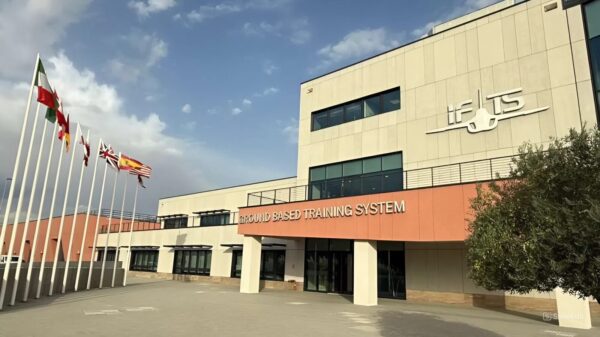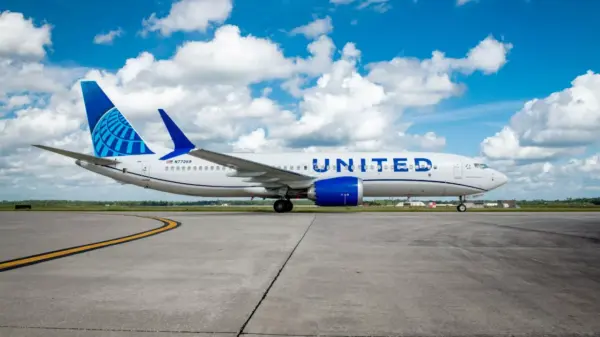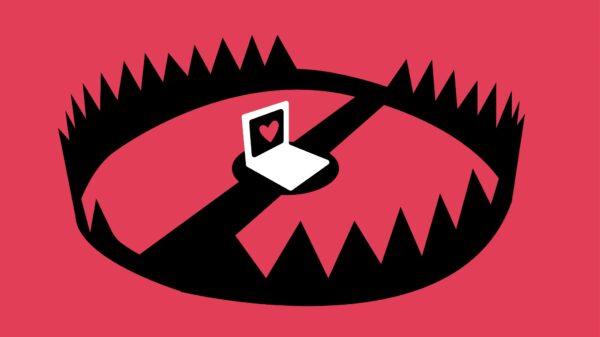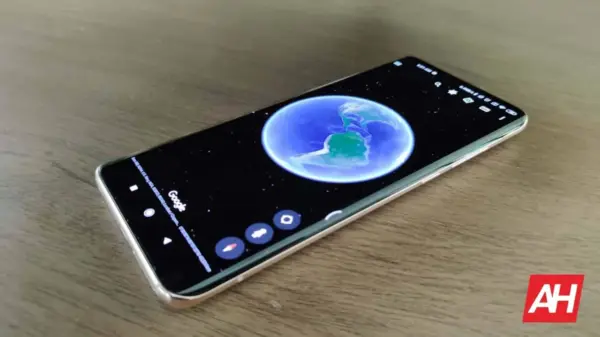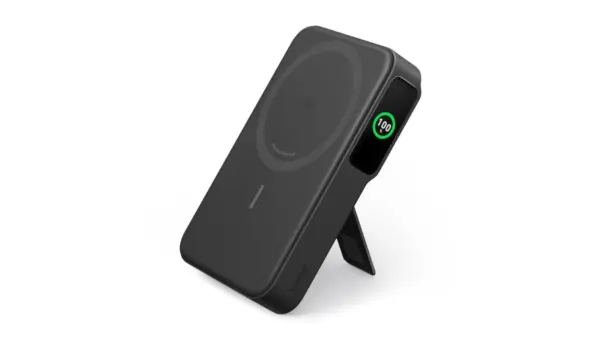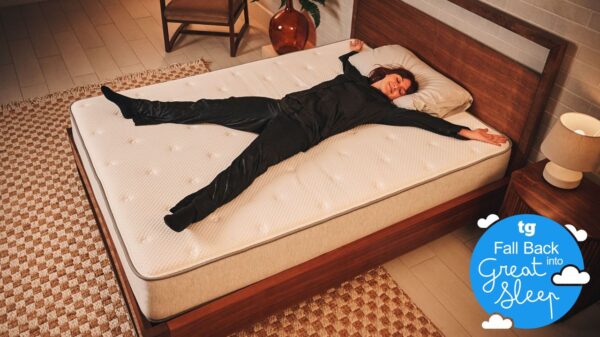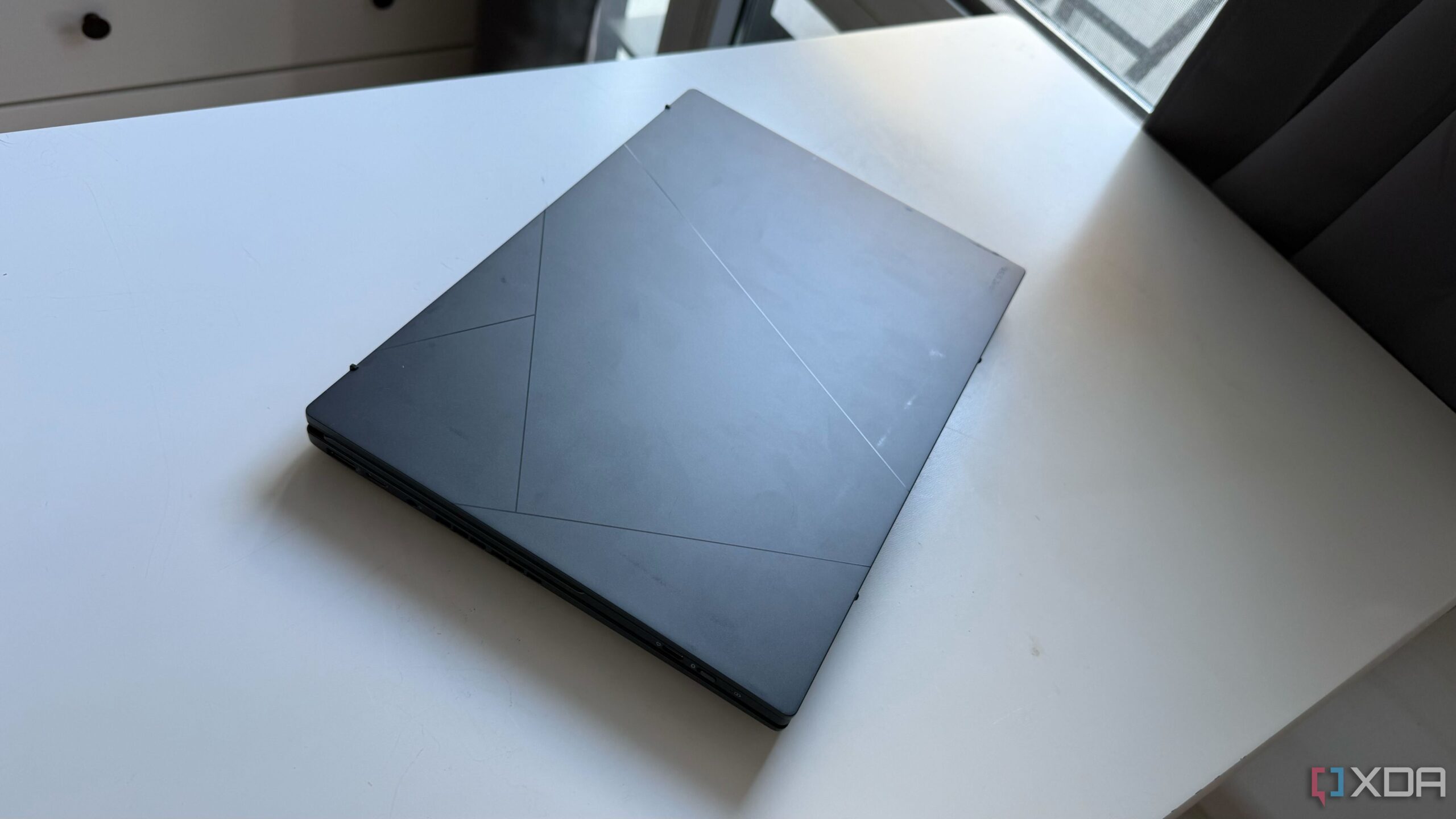URGENT UPDATE: Windows laptops are drawing significant backlash over persistent battery drain issues linked to the Modern Standby feature. This comes as users report alarming experiences with their devices, particularly during travel.
Many professionals rely on laptops for their daily tasks, seeking devices that are not only powerful but also efficient in maintaining battery life when not in use. A recent traveler in Europe experienced firsthand the frustrations of using the ASUS Zenbook Duo, which became warm to the touch after being packed away. This incident underscores a growing concern among users who expect laptops to efficiently enter sleep mode without excessive battery consumption.
The issue stems from the S0 sleep state, which keeps certain components active even when the lid is closed. Unlike the traditional S3 sleep mode, which suspends all activity to save battery, S0 sleep attempts to provide a seamless experience akin to smartphones. However, reports indicate that this “smart” feature often results in laptops waking up randomly, leading to unnecessary power drainage.
Users emphasize that the expectation of laptops behaving like their MacBook Air counterparts—where closing the lid effectively pauses all activity—is not being met. “When I close it, I know it’s essentially frozen in time,” stated one frustrated user. “Windows laptops really struggle with this.”
The inconsistency of Modern Standby across different manufacturers adds to the frustration. While some laptops may support S3 sleep, configuring these settings can be cumbersome and not user-friendly. Many users find themselves spending valuable time troubleshooting a feature that should work seamlessly out of the box.
As of October 2023, the call for a standardized approach to sleep settings is growing louder. Critics point to both Microsoft and OEMs for not providing adequate support or control over the sleep modes. “I just want to be able to close my laptop and not be worried about it cooking itself in my bag,” another user expressed.
The human impact of these battery issues is significant. Frequent travelers, who rely on their laptops for work, face additional stress during transit, worrying about their device’s battery life. This has prompted many to reconsider their laptop choices when traveling long distances.
As this situation develops, users are urged to share their experiences and push for improvements in sleep management on Windows laptops. The demand for better battery conservation features is not just a preference; it is essential for productivity and peace of mind for those who depend on their devices daily.
For now, the debate over Modern Standby and battery performance continues to escalate, leaving many to wonder if Windows laptops can truly compete with their Apple counterparts in terms of efficiency and ease of use.








